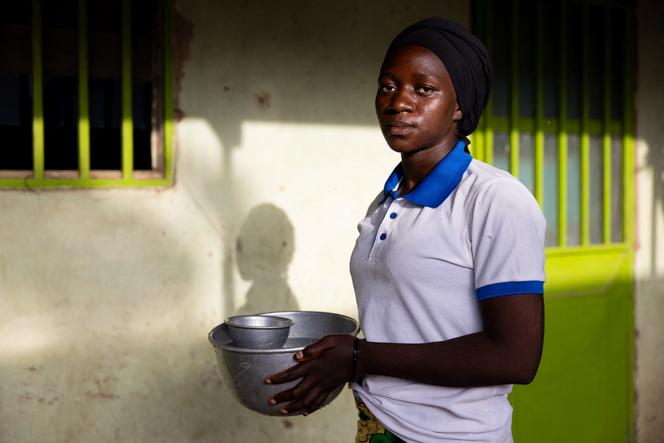


Béatrice Naguita shared her story in one go, as if regurgitating food she couldn't digest. In one breath, she explained the stages of her ordeal: the armed men who knocked on her door and executed the neighbor who interfered, the two abuse-filled weeks of captivity in the bush, her father crying on the telephone before eventually paying the ransom.
In southwestern Chad – a neglected outlying region on the borders of Cameroon and the Central African Republic – more than 1,500 people have been kidnapped in the last 20 years, according to an estimate by the Organization to Support Development Initiatives (OAID), a national NGO.
This figure is probably underestimated, as families do not always contact the law enforcement agencies out of fear of reprisals or being asked for money by the authorities themselves. Livestock breeders, farmers, or civil servants: anyone suspected of having savings, however meagre, can be targeted. Sometimes, all it takes to attract the attention of kidnappers is to have sold an ox at the market.
Little is known about the kidnappers. Their victims describe them simply as men in fatigues, their faces covered with turbans. They usually speak Arabic, Fulani or Hausa. Nestor Déli is most familiar with them. A former journalist, he has devoted 20 years and two books to studying the phenomenon. Pleasantly surprised by our interest, he pulled bundles of documents out of his briefcase and feverishly detailed the history of the phenomenon, whose distant origins can be traced back to the slave raids that depopulated the area in pre-colonial times.
"The first recorded case dates back to 2003," he pointed out, displaying a press clipping meticulously preserved in a binder. "From that date onwards, civil wars in the Central African Republic and Sudan encouraged the circulation of arms and fighters in Chad's border areas."
The absence of state authorities, underdevelopment and isolation make these territories an ideal refuge for highwaymen and traffickers of all kinds, known since the 1980s by the generic term "zaraguina." In these lawless zones, weapons are acquired as easily as false papers. Déli described them as the "triangle of death." "Today, kidnappings take place in broad daylight, sometimes even in city centers," continued the researcher. "Their perpetrators are less and less hesitant to do away with hostages whose parents are slow to pay."
Among the inhabitants of Pala, the authorities' powerlessness is a source of incomprehension mixed with anger. "The soldiers demand money to pay for their fuel when they have to set off in pursuit of the kidnappers," said a bitter local journalist. Lacking supplies, the soldiers – who sometimes ask villagers to feed them when they don't just help themselves – can be perceived as another predatory force rather than a solution.
You have 64.53% of this article left to read. The rest is for subscribers only.
